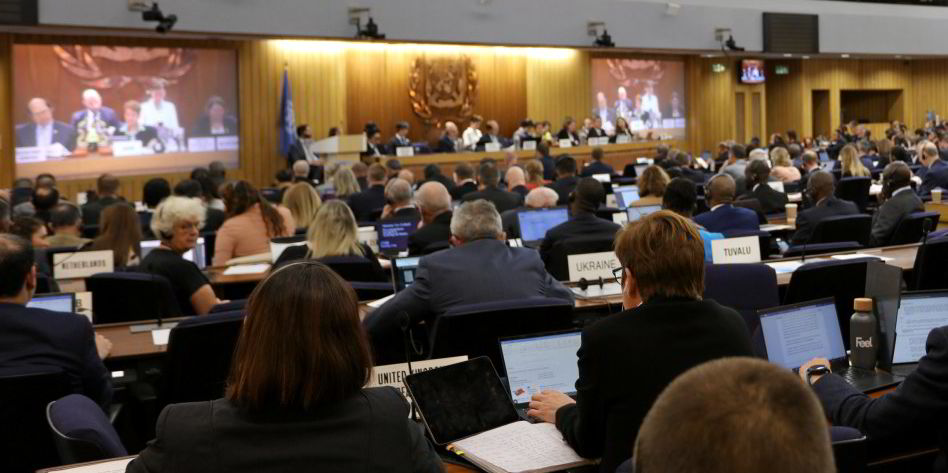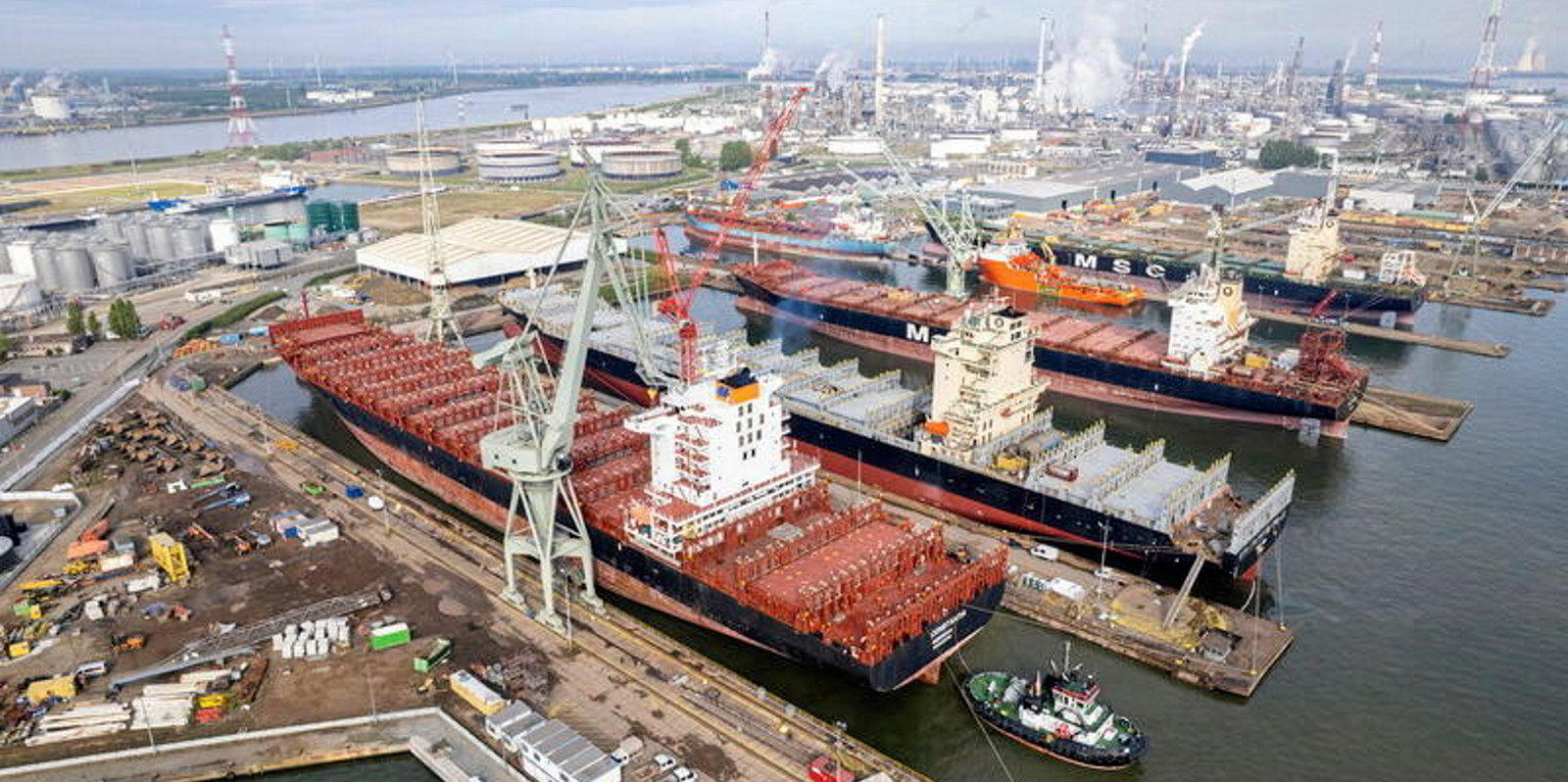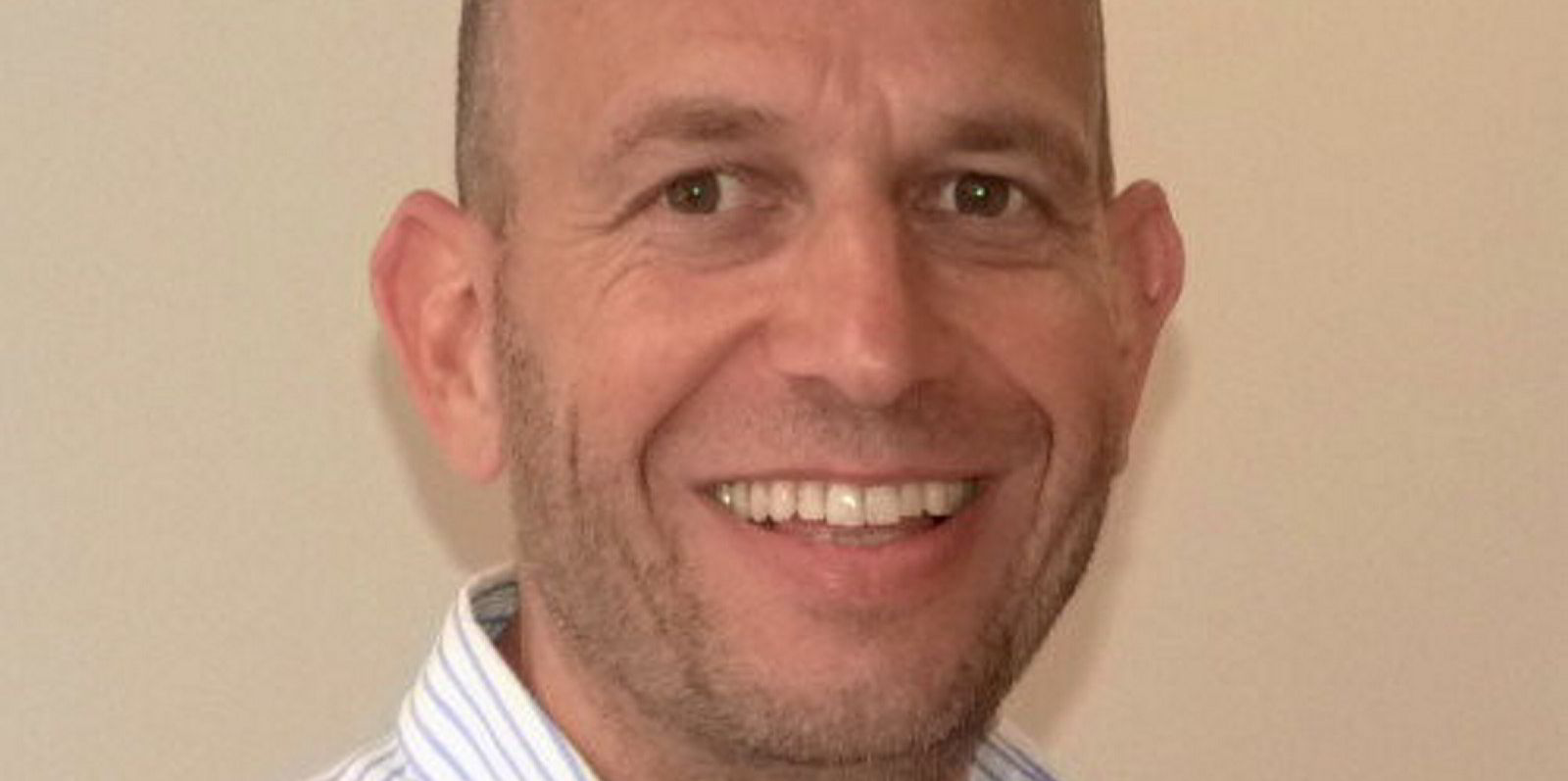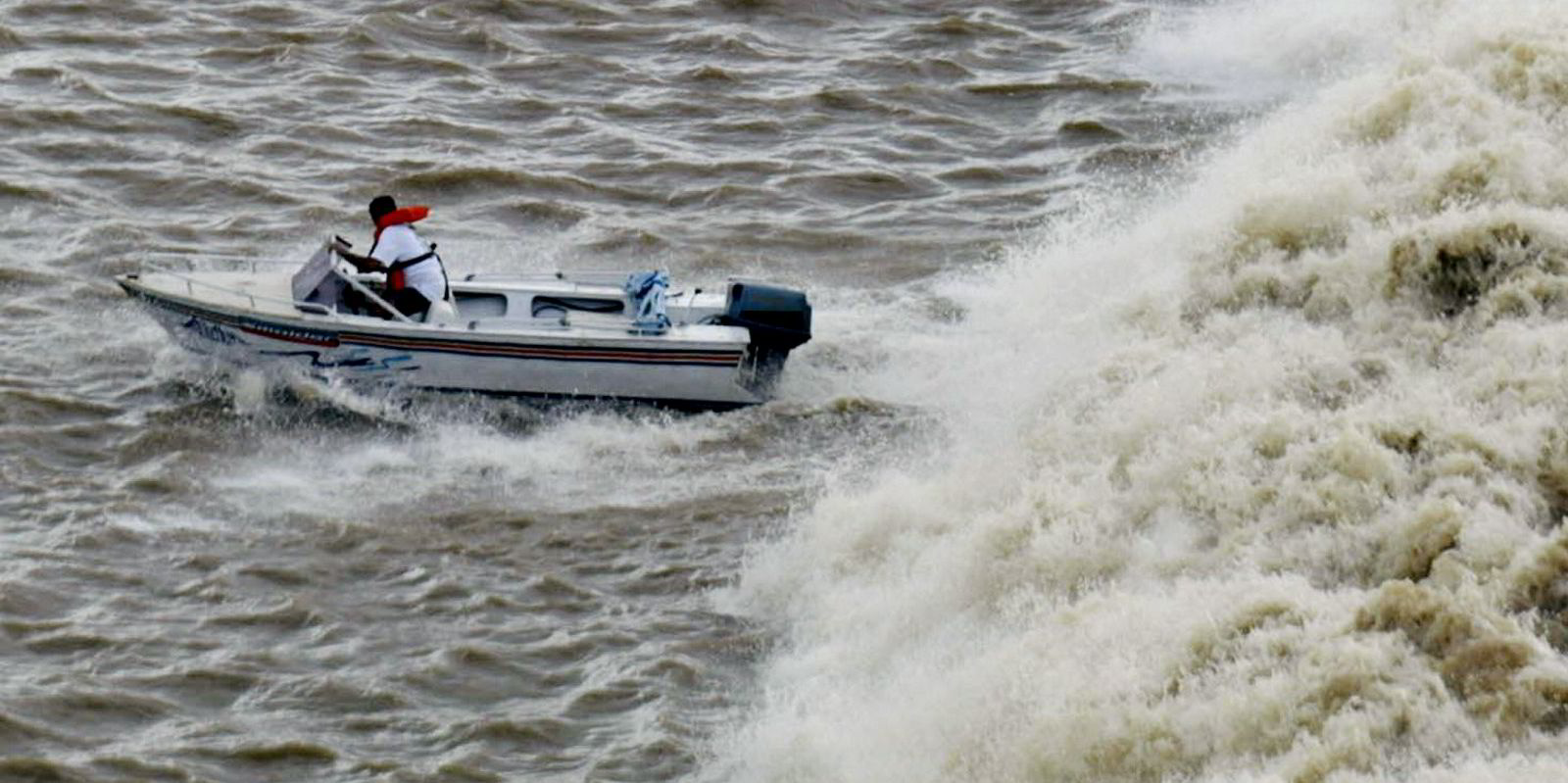The Vietnamese-owned product tanker Saver 3 (built 1995) clocked up a long and chequered history over three decades before its detention in Belgium last year.
It was the sixth time the 20,000-dwt ship had been held on the back of more than 110 deficiencies identified by inspectors over 20 years.
In each of the last four years, tracking data suggests the Saver 3 has called in Iran and is on a “ghost armada” list of more than 300 ships compiled by campaign group United Against Nuclear Iran that have hauled oil in breach of US sanctions.
The Saver 3 — then named Everrich 3 — even survived clipping the stern of a warship in Taiwan in 2017, which prompted the authorities to start a compensation claim.
The latest chapter of the Saver 3 story started with the detention of the Gabon-flagged Saver 3 by port authorities in Belgium, in November 2022 — four months into new ownership by Truong Phat Sea Transport based in Ho Chi Minh City, according to the Equasis ownership database.
The Saver 3 was part of a group of more than 4% of vessels that were detained under the Paris MoU system last year following 17,289 inspections — the highest rate for a decade.
The level of detentions has renewed attention on the state of global shipping at a time when more ships than ever before are operating outside of the mainstream fleet. Shipping companies are looking to extend the life of their vessels amid uncertainty over the new environmental regulatory regime, alternative fuels and the high cost of newbuildings.
The case of the Saver 3 could arguably show that port-state inspections are working. The Saver 3 has been inspected more than 80 times during the course of its life, primarily by authorities under the Tokyo and Paris port-state-control networks that incorporate 50 countries.
Limited control
But by the International Maritime Organization’s own admission, it is a flawed system, and the most rigorous port authorities can be avoided. The IMO said the opportunity for flag states to “exercise full and continuous control” over their ships is limited because they seldom call at their ports.

The fractured network of nine port-control regimes is being pushed to the frontline of defence against substandard ships — not the position it was ever meant to take.
The inspections are “intended to be a back-up to flag state implementation, a ‘safety net’ against substandard shipping”, according to a paper by the IMO’s secretariat amid discussions on how to fix the problems with the global shipping regulatory regime.
That position was taken up more forcefully by the leadership of the Paris MoU, a grouping of 28 predominantly European nations, which accused flag states of dropping the baton when it came to policing shipping.
“This has increased the importance of port state control as a line of defence, where others — in particular shipowners, flag states and recognised organisations — fail to take their responsibility sufficiently,” it said in its annual report published last week.
The Saver 3 was the only Gabon-flagged vessel inspected under the Paris MoU in 2022 and the small sample size means it does not feature in the list of worst-performing flag states when it comes to vessel detentions.
Vessels flagged by Tanzania, St Kitts & Nevis and Algeria all had detentions of ships above 15% of those inspected.
But Gabon does feature as a growing destination for an ageing shadow fleet of vessels hauling sanctioned cargoes, a fleet that has surged since the invasion of Russia.
Shadow-fleet ships, by their nature, are less likely to call at European ports after the latest round of European Union sanctions threatened port bans for vessels linked to ship-to-ship transfers of sanctioned Russian oil.
The Russian invasion of Ukraine has heightened concerns over the role of flags of convenience with older tonnage moving into the sanctioned oil trade.
Some tankers of Indian shipowner Gatik Ship Management switched to Gabon after losing St Kitts as a flag state because of suspected breaches of oil price cap rules.
Mixed picture
None of the 58 oil, product or chemical tankers under the Gabon flag is newer than 2010, according to Clarksons’ Shipping Intelligence Network.
And with nine different port-state-control regimes with no common overarching framework, the picture of the effectiveness of port-control regimes is mixed.
There is an information gap. The IMO said global analysis of basic issues such as the total number of inspections or inspections by ship type cannot be carried out owing to the “absence of harmonised comprehensive sets of data” for 2022.
And despite the Paris MoU saying they had hit a 10-year high of detentions in 2022, four of the other regimes reported declines over 2021 data. Two regimes representing 38 states in Africa and Latin America reported detention rates of less than 1%.
For now, the Saver 3 remains at a repair yard at the port of Antwerp, but it is not the only thing that needs fixing.





